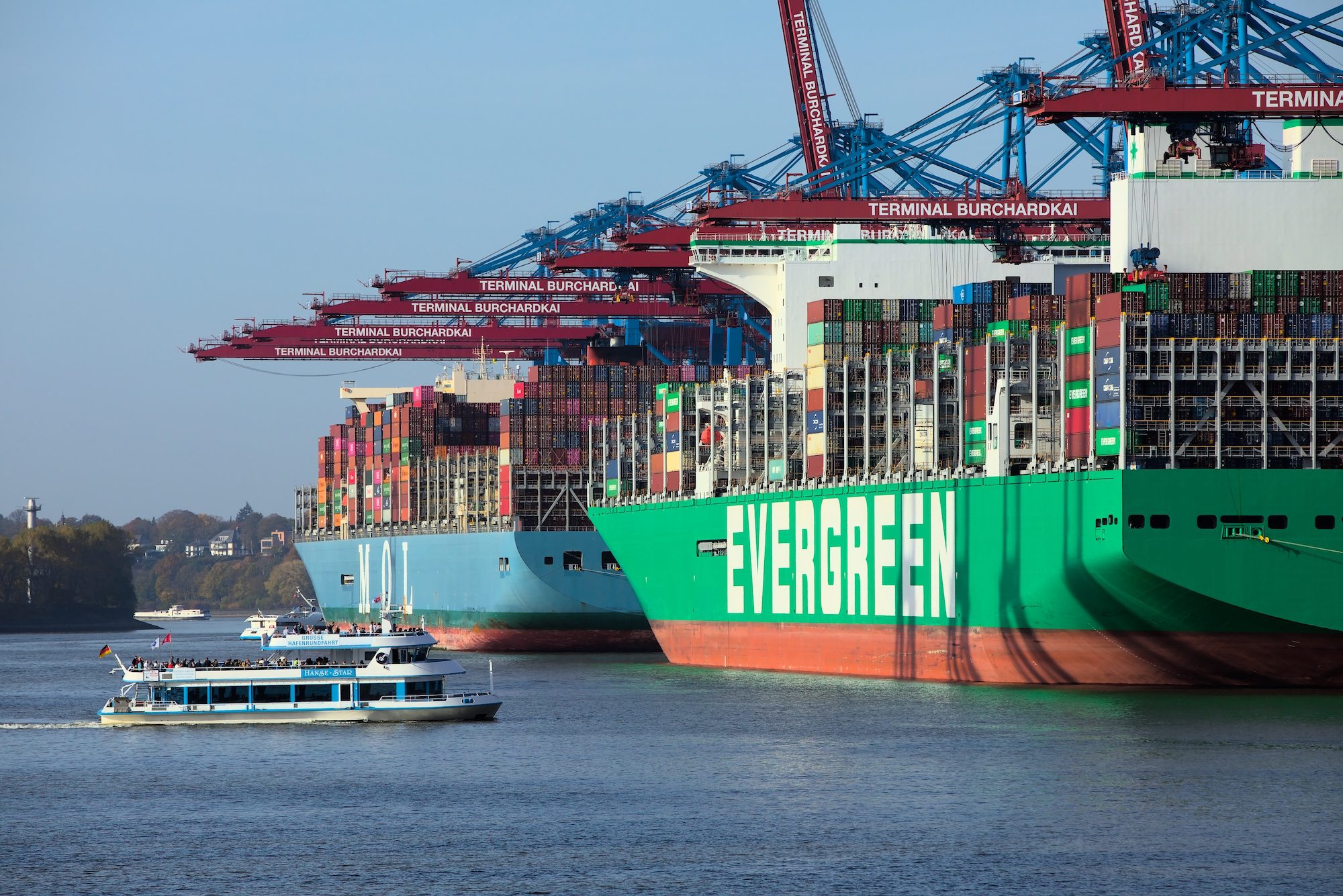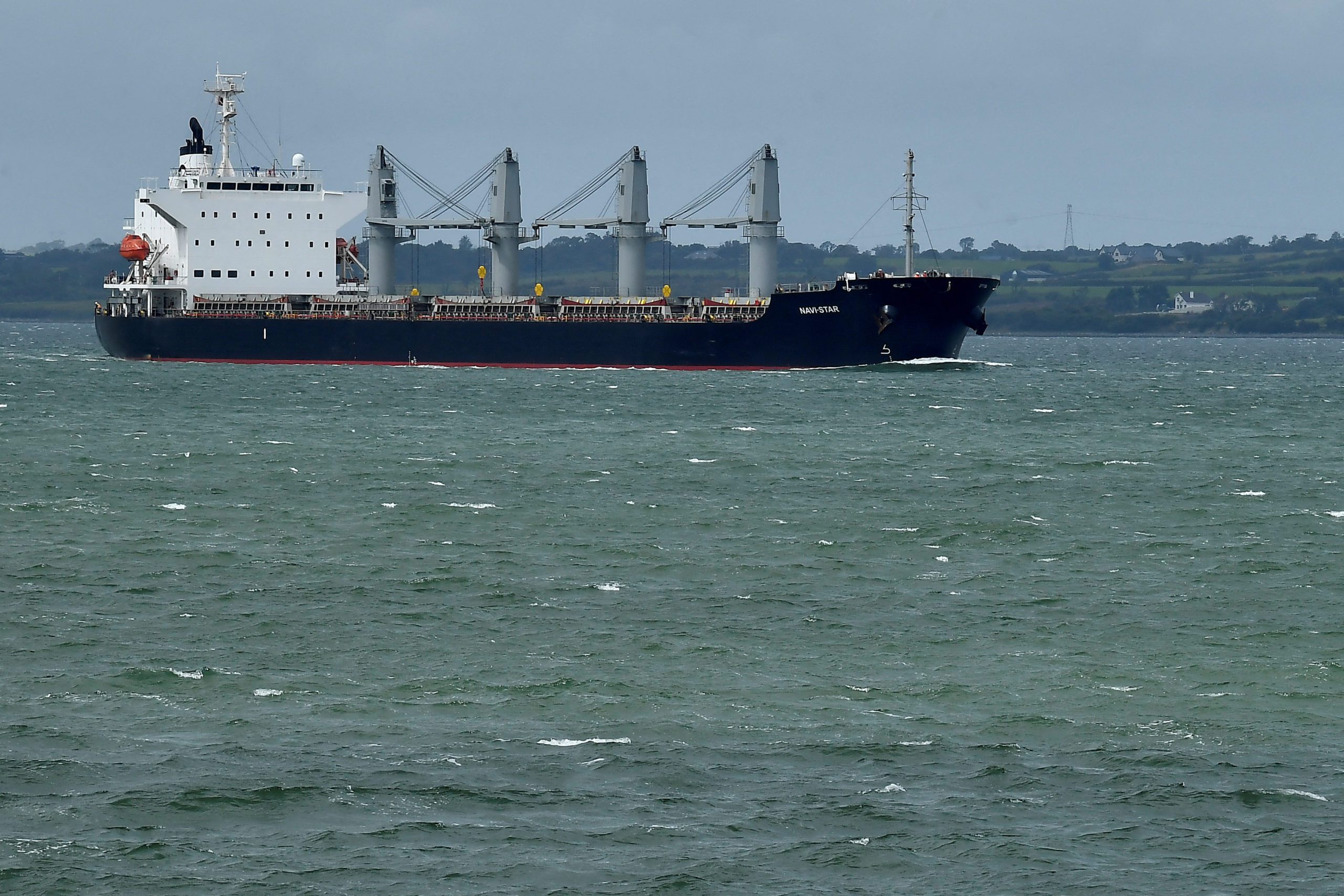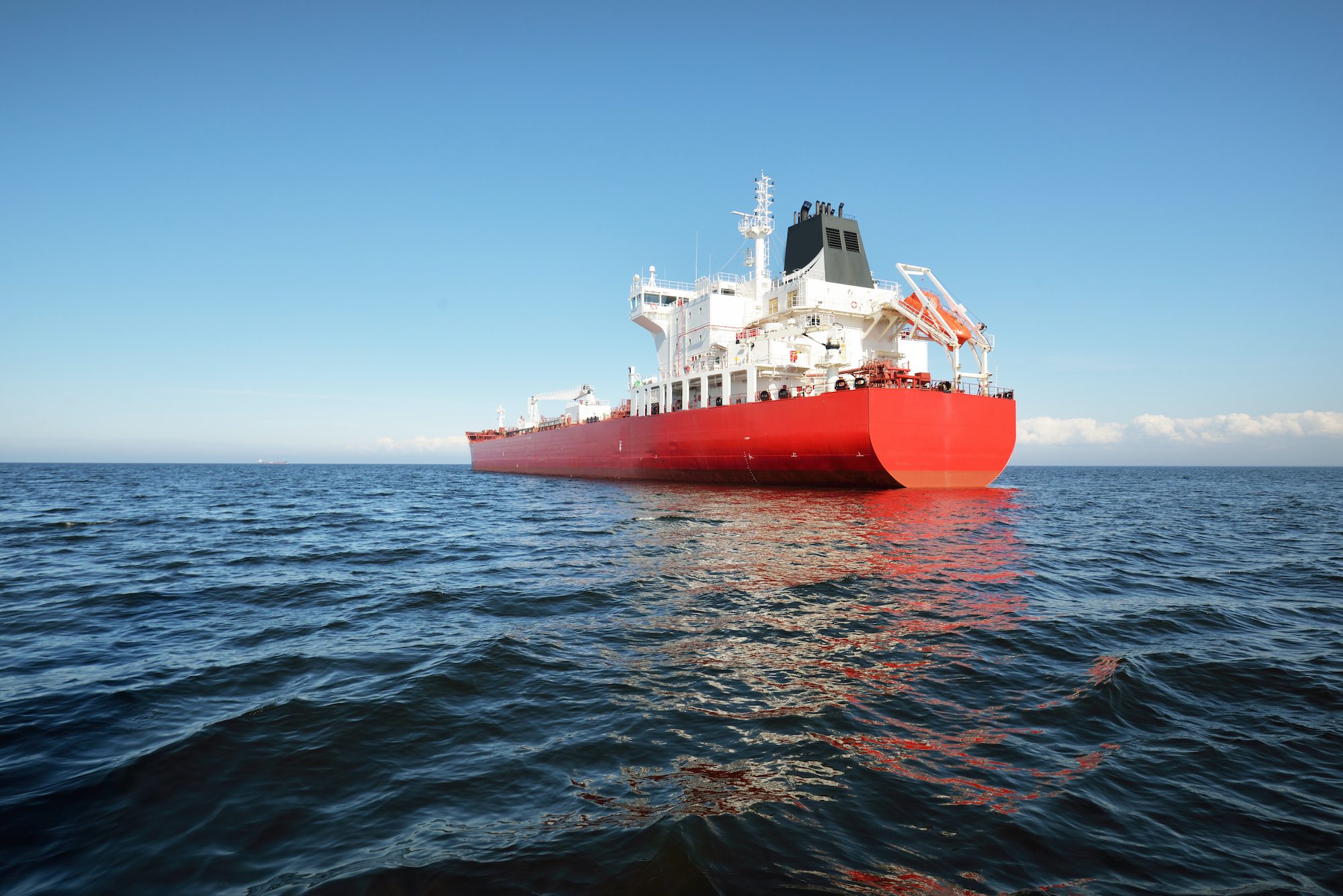International liner shipping group the World Shipping Council says liner operators’ loss of their exemption from EU rules against anti-competitive agreements will “create a period of uncertainty” for the sector.
First adopted in 2009, the Consortia Block Exemption Regulation (CBER) has allowed liner shipping companies to enter into vessel sharing agreements, forming a shipping “consortia”, as long as they have a combined market share less than 30% and do not fix prices or share markets among themselves. CBER was previously extended in 2014 and 2020.
Container shipping’s three main shipping alliances, 2M, Ocean Alliance and THE Alliance, are considered “consortia”, consisting of a matrix of vessel sharing agreements among alliance partners and others.
However, the European Commission’s Directorate-General for Competition (DG COMP) announced Tuesday it has decided to let the regulation lapse when it expires next April based on its determination that the exemption no longer promotes competition in the shipping sector.
“Shipping services are crucial to European and world trade. This key sector has undergone significant structural changes, such as carriers’ consolidation, global alliances and vertical integration, resulting in new market conditions, which became apparent during the coronavirus pandemic,” said EU Commissioner Didier Reynders. “Our evaluation has shown that a dedicated block exemption for shipping lines is no longer adapted to those new market conditions.”
Once expired, liner shipping consortia will be regulated under EU antitrust rules, specifically the Horizontal Block Exemption Regulation and Specialisation Block Exemption Regulation, which prohibits agreements that restrict competition unless they contribute to improving production or distribution of goods, promote technical or economic progress, and provide consumers with fair benefits without eliminating competition.
In its announcement, the European Commission acknowledged the importance of liner shipping services provided by shipping consortias, which can lead to economies of scale and better use of vessel space.
While the expiration of CBER does not make cooperation between shipping lines illegal, carriers will need to assess the compatibility of their agreements with EU antitrust rules based on the guidance provided in the Horizontal Block Exemption Regulation and Specialisation Block Exemption Regulation.
“We appreciate the DG COMP’s recognition of the many benefits of vessel sharing to European industry and consumers, even if we disagree with the logic behind the recommendation to discontinue the CBER,” says John Butler, President & CEO of the World Shipping Council. “The shift to general EU antitrust rules will create a period of uncertainty as carriers adjust to the new legal structure. Nevertheless, vessel sharing agreements will remain a fully legal and supported way for carriers to ensure efficient and sustainable transport for Europe.”
The WSC’s statement added that it is carefully reviewing the basis for DG COMP’s position and “looks forward to further dialogue to ensure regulatory clarity.”

 Join The Club
Join The Club











